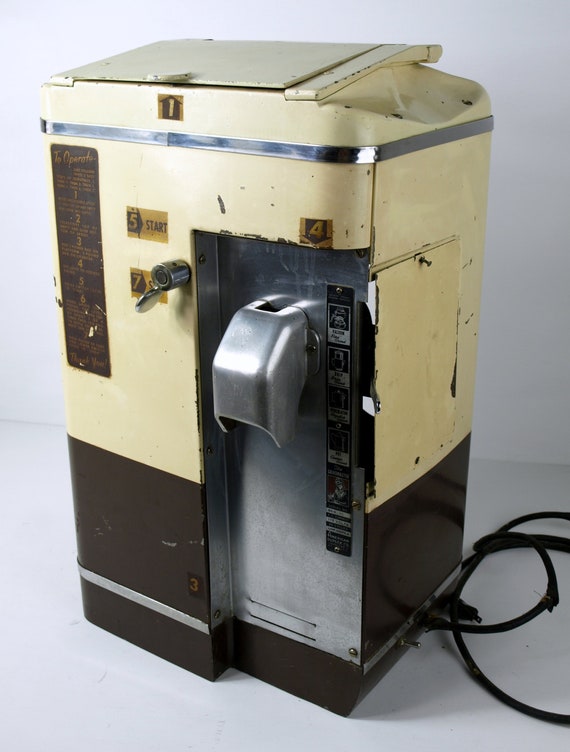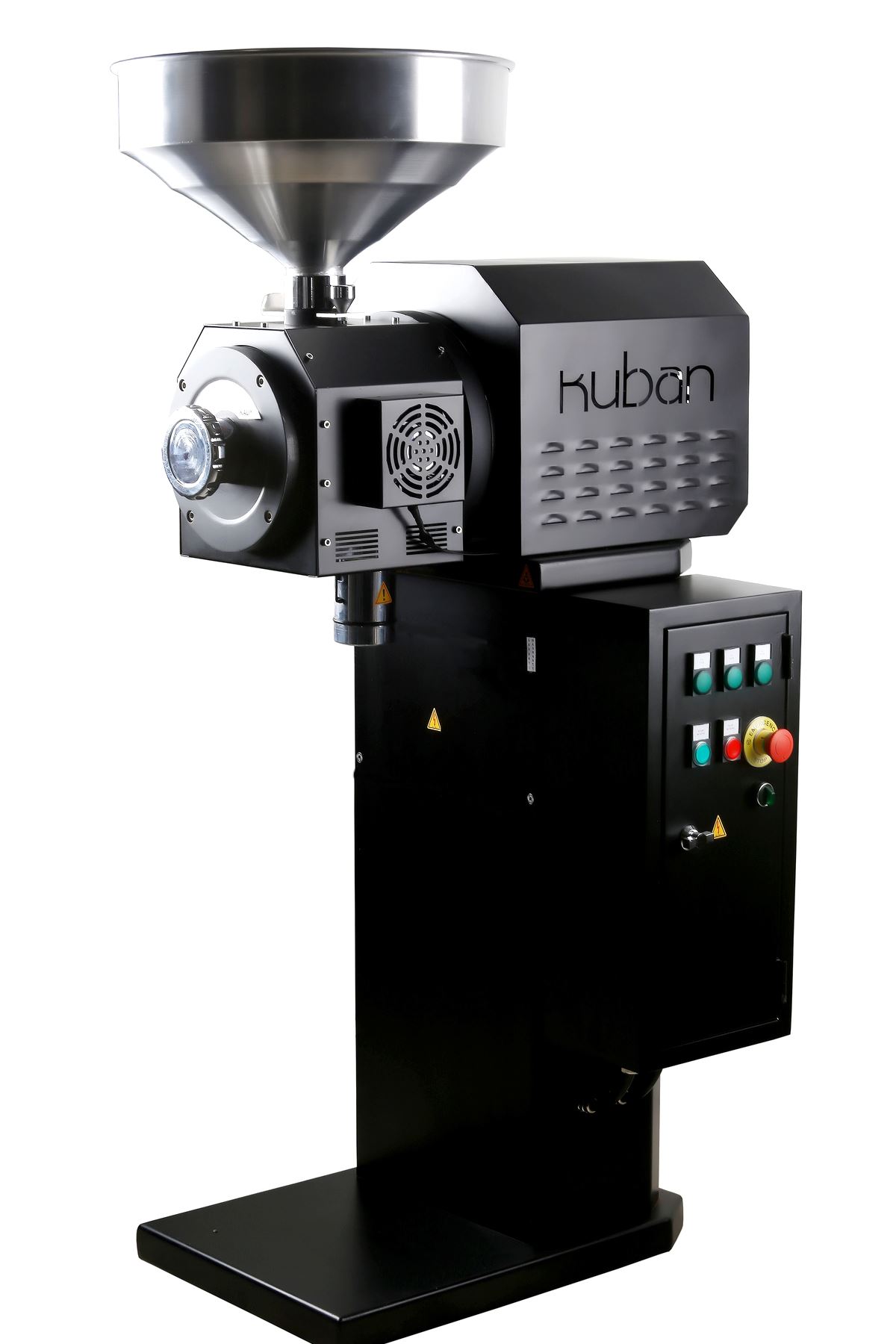Industrial Coffee Grinder: Finding the Perfect One for Your Shop
Industrial Coffee Grinder: Finding the Perfect One for Your Shop
Blog Article
Industrial Coffee Grinder Overview: Boost Performance and Quality
In the competitive landscape of coffee manufacturing, picking the right industrial coffee mill plays an essential function in boosting both efficiency and product top quality. Comprehending the nuances of numerous mill types and key functions-- such as customizable work setups and durable building-- can significantly affect the final taste profile of the coffee.
Comprehending Mill Types
When picking an industrial coffee mill, comprehending the different types readily available is critical for maximizing both flavor removal and operational effectiveness. Both primary kinds of grinders are blade grinders and burr grinders. Blade mills make use of sharp blades that cut coffee beans into inconsistent sizes, bring about unequal removal and possibly unwanted flavors. While blade grinders are commonly more cost effective and suitable for small-scale operations, they are typically not advised for commercial usage.

Inevitably, picking the best kind of grinder is integral to maintaining top quality and performance in coffee manufacturing, making it crucial for services to invest in premium burr mills for optimal outcomes.
Key Attributes to Consider
Choosing a commercial coffee mill calls for cautious factor to consider of several vital attributes that can dramatically influence both efficiency and the general coffee experience. One of the main elements to assess is the grinding mechanism. Burr grinders are generally favored over blade grinders, as they supply a constant work size, which is essential for optimum extraction and taste.
An additional vital function is the grinder's capability. Depending on the volume of coffee you require to procedure, pick a model that can handle your demands without compromising rate or quality. Additionally, consider the work setups offered. A flexible grinder with several setups enables you to customize the work size to different developing methods, boosting the coffee's flavor profile.
Examine the grinder's sound degree, particularly in an active coffee shop or production environment, where excessive sound can be turbulent. Investing in a mill that stabilizes these features can greatly enhance both operational effectiveness and the high quality of the coffee served.
Optimizing Grinding Process
To accomplish the ideal outcomes in coffee preparation, maximizing the grinding procedure is important. The work size significantly influences removal, flavor, and general high quality of the brewed coffee. Different brewing techniques require details grind dimensions; for example, coffee requires a great grind, while French press necessitates a crude structure. Recognizing the relationship between grind size and brewing approach is the very first step in optimization.


Furthermore, checking the grinding rate can enhance the process. Slower grinding usually creates much less heat, protecting fragile tastes and fragrances. Alternatively, faster grinding might produce excessive warmth, negatively influencing the coffee's high quality.
Maintenance and Treatment Tips
Proper upkeep and care of commercial coffee grinders are important for ensuring optimum efficiency and longevity. Routine cleaning is the structure of upkeep; deposit build-up can impact flavor and grinding effectiveness. It is suggested to cleanse the mill after each use, wiping down the exterior and getting rid of any coffee grounds from the burrs.
In addition, check the grinding burrs for deterioration. Dull burrs can endanger grind consistency, so they ought to be changed as necessary. Industrial Coffee Grinder. Periodically calibrating the grinder is additionally essential, as this preserves the preferred grind dimension for different brewing methods
Lubrication of moving components need to be done according to the producer's requirements, as this reduces friction and lengthens the life of the devices. It is important to use food-grade lubricants to guarantee safety and conformity with health and wellness regulations.
Last but not least, maintain the grinder in a secure and dry setting to avoid rust and deterioration. By adhering to these upkeep and care ideas, operators can boost the efficiency of their commercial coffee grinders while making sure premium output and prolonged operational life.
Roi Analysis
Reviewing the roi (ROI) for why not look here commercial coffee grinders is important for companies seeking to optimize their coffee manufacturing capacities. A thorough ROI evaluation assists determine the financial feasibility of purchasing high-quality grinders, permitting services to evaluate the first prices versus potential gains.
Examine the purchase price of the mill, including installment and any kind of essential adjustments to existing infrastructure. High-performance mills usually lead see to lowered grinding time and increased throughput, which can dramatically improve productivity.
In addition, think about the effect on item top quality. Industrial Coffee Grinder. Superior grinders generate an even more consistent work size, which can improve taste profiles and consumer contentment, eventually driving sales. By increasing the top quality of the final item, services can justify greater pricing, leading to boosted revenue
Verdict
In summary, an industrial coffee grinder plays a critical function in improving both effectiveness and item high quality within coffee manufacturing. Inevitably, the critical financial investment in a reputable mill adds substantially to boosted profits and competition in the coffee market.
In the competitive landscape of coffee production, selecting the best why not check here industrial coffee mill plays a critical role in enhancing both efficiency and product quality. The 2 key types of grinders are blade grinders and burr mills. Within the burr mill classification, there are flat burr grinders and conical burr mills, each with its benefits. Burr grinders are normally liked over blade grinders, as they provide a regular work size, which is essential for ideal extraction and taste.
In recap, an industrial coffee mill plays an essential function in improving both efficiency and item high quality within coffee manufacturing.
Report this page